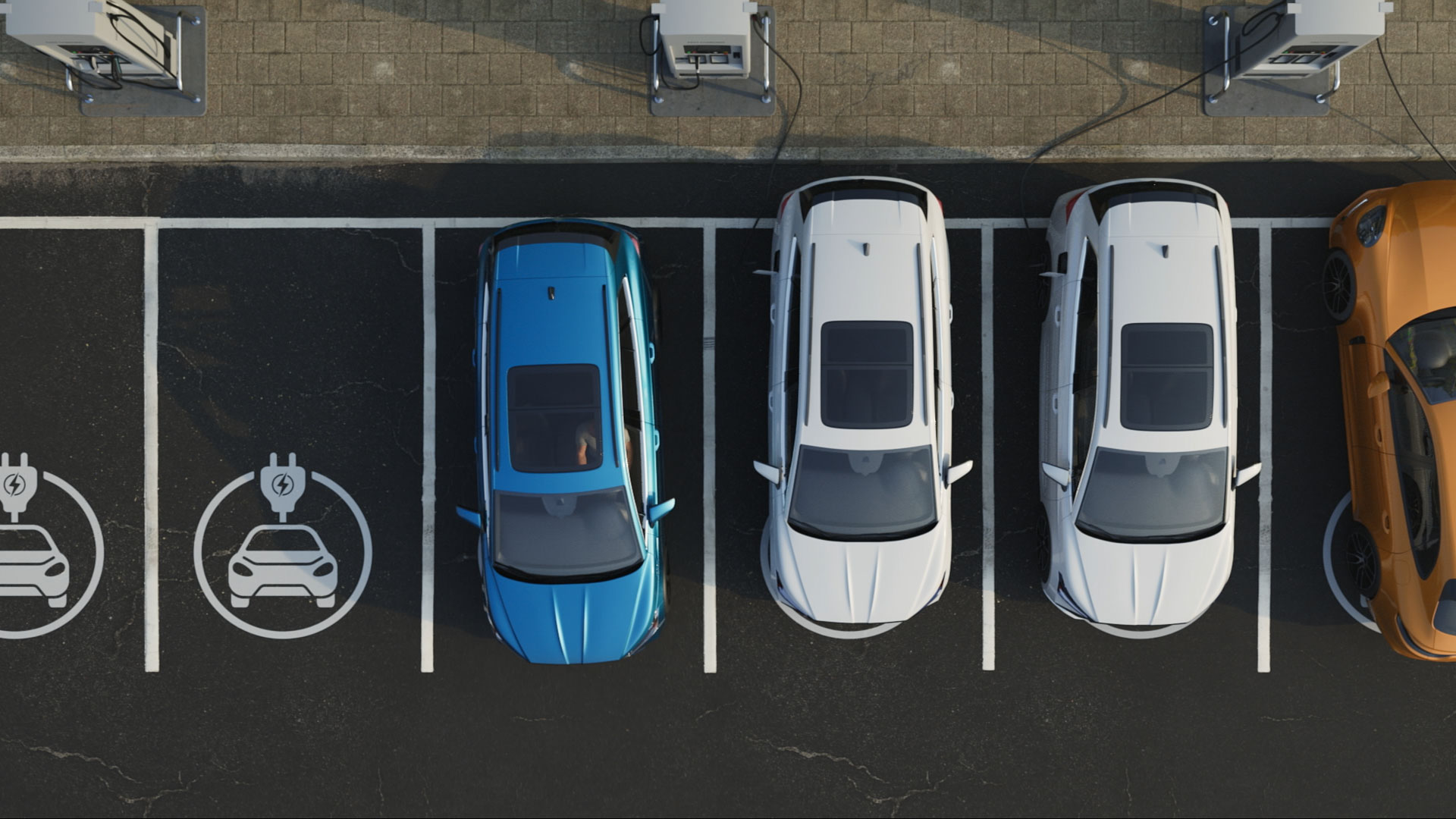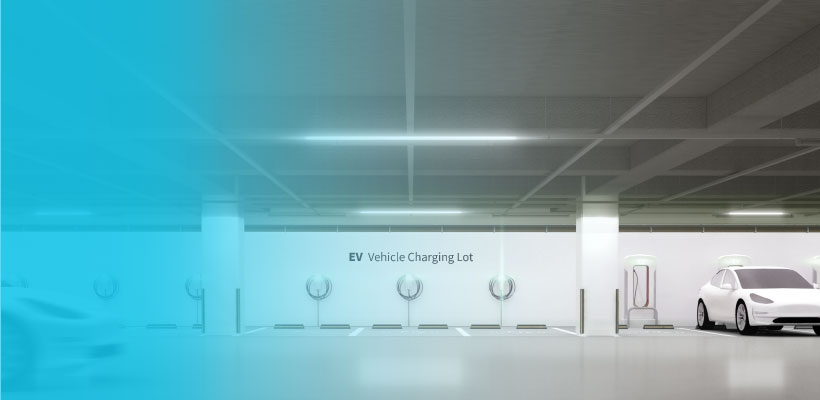Fleet electrification is the process of replacing a fleet of vehicles with electric vehicles (EVs). Conventional vehicles that run on fossil fuels, like gasoline or diesel, are replaced with EVs that run on electricity, making the transition towards an electric vehicle fleet.
To support an electric vehicle fleet, it’s often necessary to install charging infrastructure, such as charging stations. Also, a fleet vehicle management system is needed. This system will schedule charging times, monitor progress, and optimize charging patterns to reduce costs and increase efficiency.
Benefits of fleet electrification
There are several benefits to commercial fleet electrification, including:
Casina s Minimálním Vkladem 50 Kč na Betzoid
Přemýšleli jste někdy o tom, jak skvělým zdrojem zábavy a vzrušení může být online hazardní průmysl? S neustálým rozvojem technologií a rostoucí oblibou online her se svět kasín otevřel novým možnostem. Jednou z nich jsou kasina s minimálním vkladem 50 Kč, která umožňují i hráčům s omezeným rozpočtem vychutnat si všechny výhody a vzrušení hazardních her. Na platformě Betzoid můžete nalézt řadu těchto kasín, která nabízejí nepřeberné množství her, bonusů a vzrušujících zážitků.
V tomto článku se podíváme na fenomén kasín s minimálním vkladem 50 Kč a proč jsou tak atraktivní pro hráče z celého světa. Prozkoumáme výhody a nevýhody těchto kasín, představíme některé z nejlepších platforem a her, které nabízejí, a také se podíváme na strategie, které vám mohou pomoci maximalizovat vaše šance na výhru. Ať už jste zkušený hráč nebo teprve začínáte, tento článek vám poskytne cenné informace a tipy, které vám pomohou naplno si užít svět online hazardních her s minimálními náklady.
Výhody nízkého minimálního vkladu
Pokud hledáte online casino s minimálním vkladem 50 Kč, Betzoid je skvělou volbou. Tato populární herní platforma nabízí širokou škálu her, včetně výherních automatů, stolních her, živých her a dalších. S minimálním vkladem 50 Kč můžete začít hrát a zažít vzrušení online hazardních her, aniž byste museli investovat velké částky.
Jednou z hlavních výhod Betzoidu je, že nabízí hráčům bezpečné a spolehlivé prostředí pro online hazardní hry. Všechny hry jsou certifikovány a regulovány licencovanými autoritami, což zajišťuje spravedlivou a transparentní hru. Navíc Betzoid využívá nejmodernější šifrovací technologie k ochraně vašich osobních údajů a finančních transakcí. https://betzoid.com/cz/minimalni-vklad-50-czk/
Registrace na Betzoidu je snadná a rychlá. Po vytvoření účtu můžete vložit minimální vklad 50 Kč a začít okamžitě hrát. Platforma podporuje různé platební metody, včetně kreditních karet, e-walletů a bankovních převodů, takže si můžete vybrat tu, která vám nejlépe vyhovuje. S minimálním vkladem 50 Kč můžete zažít napětí a vzrušení online hazardních her bez nutnosti riskovat velké částky.
Dostupné hry a možnosti sázení
Jestliže hledáte online casina s minimálním vkladem 50 Kč, Betzoid je skvělou volbou. Tato populární herní platforma nabízí širokou škálu her od předních vývojářů, včetně výherních automatů, stolních her a živých her. S minimálním vkladem 50 Kč můžete začít hrát a zažít vzrušení online hazardních her s možností vyhrát skutečné peníze.
Betzoid klade velký důraz na bezpečnost a spravedlivé hraní. Všechny hry jsou certifikovány nezávislými auditory a využívají algoritmy pro generování skutečně náhodných čísel. To zajišťuje, že každá hra je naprosto férová a výsledky jsou zcela náhodné. Navíc Betzoid využívá nejmodernější šifrovací technologie k ochraně vašich osobních údajů a finančních transakcí.
Pokud jste nováčkem v online casinech, Betzoid vám poskytne skvělý úvod do tohoto vzrušujícího světa. S přehledným uživatelským rozhraním, bohatou nabídkou her a štědrými bonusy pro nové hráče je Betzoid ideálním místem pro začátek. Nezapomeňte si vychutnat zábavu a vzrušení, ale hrajte zodpovědně a v rámci svého rozpočtu.
Bezpečnost a regulace kasin na Betzoid
Jestliže hledáte online casina s minimálním vkladem 50 Kč, Betzoid je skvělou volbou. Tato populární herní platforma nabízí širokou škálu her od špičkových vývojářů, včetně výherních automatů, stolních her a živých her s krupíry. S minimálním vkladem 50 Kč můžete začít zkoušet štěstí a užívat si vzrušující hry, aniž byste museli investovat velké částky.
Betzoid klade velký důraz na bezpečnost a férovost. Všechny hry jsou certifikovány nezávislými auditory a využívají generátory náhodných čísel, což zajišťuje transparentní a spravedlivé výsledky. Navíc online casino Betzoid poskytuje vynikající zákaznickou podporu a nabízí řadu bezpečných platebních metod, včetně populárních kreditních karet, e-walletů a dalších možností. Díky minimálnímu vkladu 50 Kč si můžete vyzkoušet vzrušení online casina bez velkého rizika.
Tipy pro začátečníky při hraní s nízkým vkladem
Pokud hledáte kasino s minimálním vkladem pouhých 50 Kč, Betzoid je ideální volbou. Tato populární online platforma nabízí širokou škálu her, od klasických výherních automatů až po živé stolní hry. S minimálním vkladem 50 Kč můžete začít hrát a zažít vzrušení hazardních her, aniž byste museli investovat velké částky. Betzoid je známý svou spolehlivostí a bezpečným prostředím, které chrání vaše osobní údaje a finanční transakce.
Kromě nízkého minimálního vkladu vám Betzoid poskytuje řadu dalších výhod. Můžete si vybrat z pestré nabídky bonusů a propagačních akcí, které zvyšují vaše šance na výhru. Uživatelské rozhraní je intuitivní a snadno se ovládá, takže si můžete užívat hry bez zbytečných komplikací. Zákaznická podpora je k dispozici 24 hodin denně, 7 dní v týdnu, aby vám pomohla s jakýmikoli dotazy nebo problémy. Díky těmto funkcím a minimálnímu vkladu 50 Kč je Betzoid ideálním místem pro začátečníky i zkušené hráče.
Jestliže hledáte online casina s minimálním vkladem 50 Kč, Betzoid je skvělou volbou. Tato spolehlivá herní platforma nabízí širokou škálu her od předních vývojářů, včetně výherních automatů, stolních her a živých her s krupíry. S nízkými minimálními vklady a štědrými bonusy pro nové i stávající hráče je Betzoid perfektním místem pro každého, kdo chce zažít vzrušení hazardních her s malým rizikem. Začněte ještě dnes a užijte si skvělou zábavu a šanci na výhry na Betzoidu!
- Reduced fuel costs: Electric vehicles have lower operating costs than traditional vehicles because they require less maintenance and have lower fuel costs.
- Lower emissions: Electric vehicles emit zero tailpipe emissions. This reduces air pollution and improves public health.
- Increased efficiency: Electric vehicles are generally more efficient than traditional vehicles, which can greatly benefit companies undergoing an EV fleet transition.
- Improved sustainability: Fleet electrification can help reduce an organization’s carbon footprint and contribute to the creation of sustainable fleets, enhancing long-term environmental benefits.
- Enhanced corporate image: Fleet electrification can also improve an organization’s public image by demonstrating a commitment to environmental responsibility.
- Government incentives: In some jurisdictions, financial incentives may be available for organizations that electrify their fleets. Such incentives may include as tax credits or grants.
- Improved employee satisfaction: Employees may also view electrified fleets favorably, which can lead to increased morale and job satisfaction.
Are electric fleets less expensive to operate than traditional fleets?
Electric vehicles (EVs) may be cheaper to operate than traditional vehicles due to the following reasons:
- Lower fuel costs: EVs have significantly lower fuel costs than traditional vehicles because they run on electricity, which is typically cheaper than gasoline or diesel.
- Fewer moving parts: EVs have fewer moving parts than traditional vehicles, requiring less maintenance and fewer parts that can wear out or break down.
- Longer lifespan: EVs generally have longer lifespans than traditional vehicles because they have fewer mechanical components that can wear out over time.
- Tax incentives: Several tax incentives may be available to organizations that electrify their fleets, such as federal income tax credits, state and local incentives, and depreciation allowances. These incentives can help offset the upfront cost of purchasing EVs and installing charging infrastructure, making it easier to electrify your fleet.
- Lower travel costs due to low-emission and no-emission zones: In some cities, traditional vehicles are subject to additional fees or restrictions when driving in low-emission or no-emission zones. EVs are exempt from these fees and restrictions, which can reduce travel costs for electric vehicle fleet owners.
That being said, some factors can make EVs more expensive to purchase upfront. In some cases, the upfront cost of an EV may be higher than that of a traditional vehicle, but the lower operating costs over the vehicle’s lifetime may make up for this difference. It’s important to consider the total cost of ownership (TCO) of a vehicle when developing a fleet electrification strategy and making a decision about whether to electrify a fleet.
Which type of companies typically provide EV fleet solutions?
Several types of companies can provide EV fleet solutions, including:
- eMobility Service Providers (eMSPs): eMSPs provide a range of services related to electric mobility, including installing and maintaining charging infrastructure for electric vehicle fleets.
- Charge Point Operators (CPOs): CPOs are companies that operate charging stations for electric vehicles. These companies may also offer EV fleet solutions, such as charging infrastructure and fleet management services.
- Leasing companies: Leasing companies offer rental or lease arrangements for vehicles, including electric vehicles. These companies may also provide EV fleet solutions, such as charging infrastructure and fleet management services, as part of their leasing packages.
Wevo Energy is a leading provider of software solutions for EV Charge Point Operators. We provide a software platform that supports every scenario: apartment complexes, workplaces, fleets, destination and public charging.


